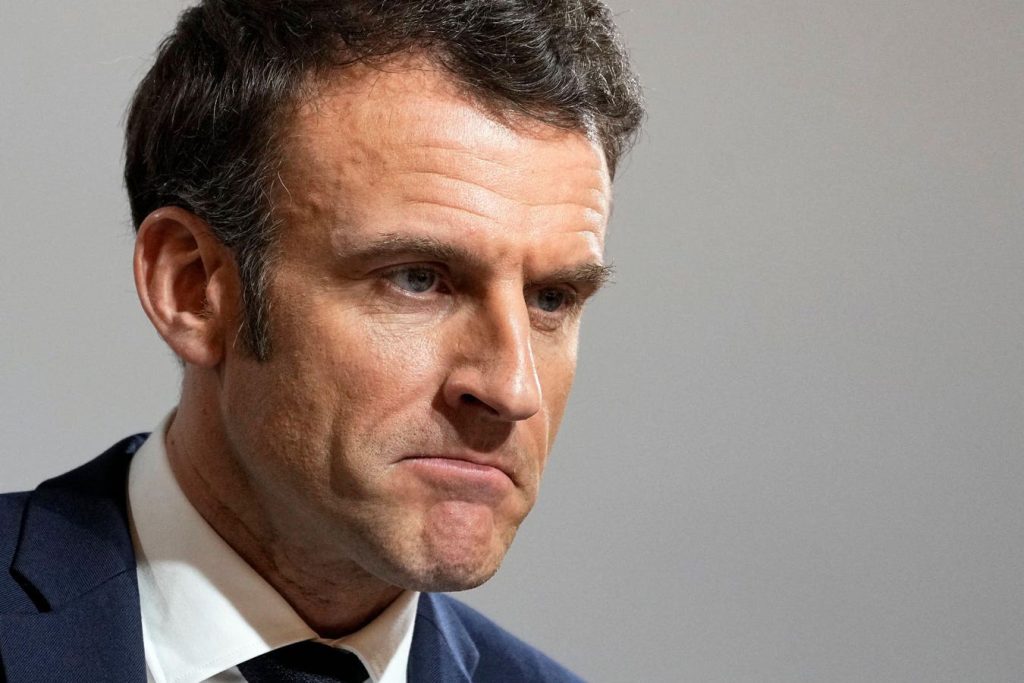The recent European elections have left the centre still holding strong, with the EPP faring well and a new executive likely to be elected. There was a decent showing for Donald Tusk and Friedrich Merz’ party in Germany. However, the major story emerged in France, where the Rassemblement National had its best ever elections, and Emmanuel Macron decided to call a parliamentary election for the end of June/early July.
Many view Macron’s decision to call an election as a mistake, considering the entrenched support for the RN and his personal unpopularity among a large section of the public. The risk is that Macron’s attempt to build an anti-far right coalition may fail, especially given the challenges of forming such a coalition and the fiscal constraints faced by France. This move could also mark the end of the ‘Attal’ experiment, as Macron takes a gamble on the election instead of shifting his government towards the right.
Macron’s decision to call an election is seen as a huge gamble, as it could result in political and economic uncertainty in France and the rise of the RN. If the election doesn’t go Macron’s way, he may become a lame-duck president and face the prospect of a RN government, which could spur risk in the euro-system. The outcome of the election will have significant implications for both France and Europe, with the potential for increased political mobilization and logistical complexities ahead.
In other parts of Europe, the results were generally as expected, with the EPP remaining the largest party and the ‘centre’ holding strong. Pro-EU parties in Poland performed better than expected, while Chega in Portugal and Sinn Fein in Ireland did not meet expectations. Olaf Scholz’ coalition in Germany is further undermined, potentially speeding up the advent of an election. Overall, European politics are shifting to the right, with a more active parliament on right-leaning issues expected.
Economically, the euro-zone is on the brink of a rate cut cycle while economic activity is beginning to recover. Macron’s decision to call an election adds tail risk to euro assets and creates uncertainty over French economic policy. The focus will now shift to defense and foreign affairs, with the possibility of a defense commissioner in Europe and a more forceful foreign affairs commissioner. Despite the challenges and uncertainties, the drama in European politics is set to continue in the coming months.


